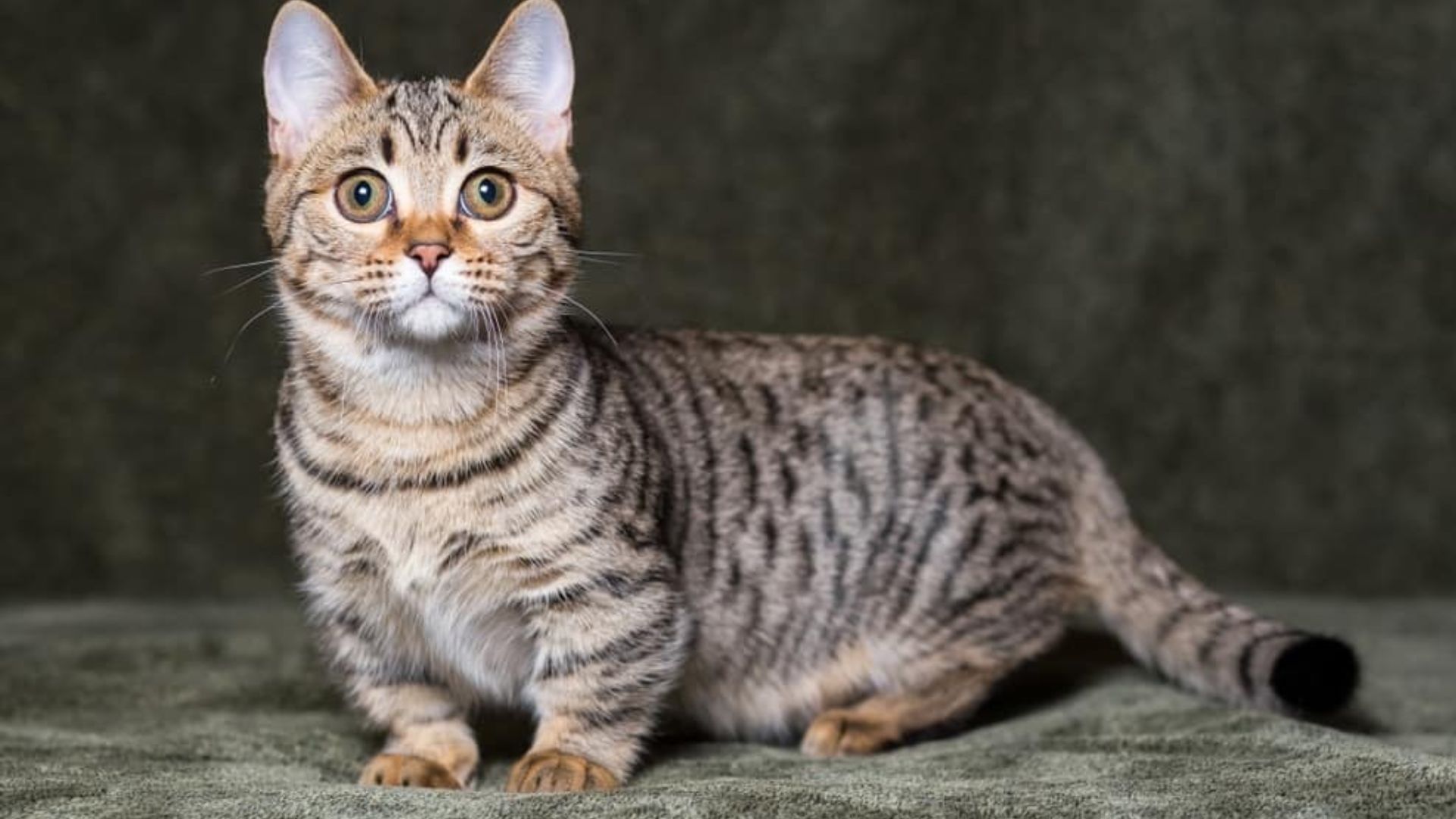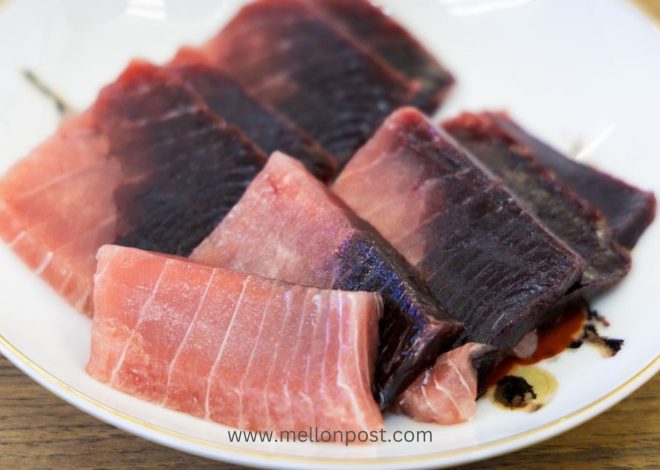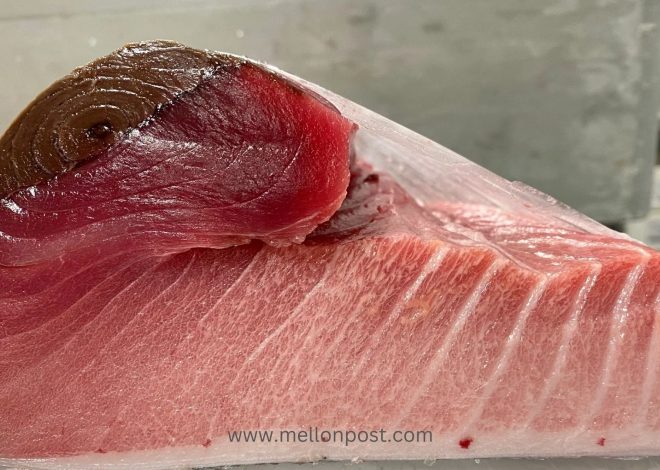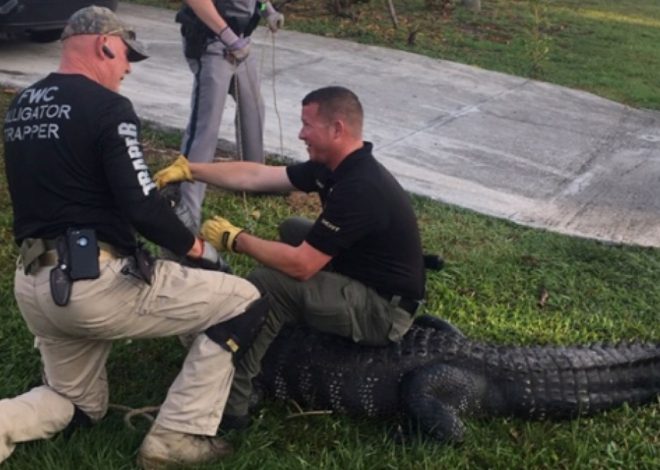
Munchkin cat
Table of Contents
Here are the key points about Munchkin cats:
1. The Munchkin is a breed of cat characterized by its very short legs, caused by a genetic mutation. It is considered the original breed of dwarf cat.
2. Munchkins are a relatively new breed, with the modern breed documented since the 1940s and officially recognized by The International Cat Association (TICA) in 1991.
3. Munchkins are medium-sized cats with a moderate body type and either a short, medium-plush coat or a semi-long, silky coat. They come in all colors and patterns.
4. There are health concerns associated with the Munchkin’s short legs, including increased risk of lordosis (excessive spinal curvature) and pectus excavatum (hollowed chest). However, the full impact on their health is still being studied.
5. Munchkins are known to be friendly, sociable, playful, and intelligent cats that enjoy interacting with their owners and other pets. They are considered good family pets.
6. The average price for a Munchkin cat from a breeder is typically $1,000-$1,500, though prices can vary based on factors like location, coat color, and other traits.
7. While TICA recognizes Munchkins, some other major cat registries like the Cat Fanciers’ Association (CFA) do not, due to concerns over the breed’s health.
In summary, the Munchkin is a unique and controversial cat breed characterized by its short legs, friendly personality, and ongoing health debates within the cat fancy community.
Temperament of a munchkin cat
The temperament of a Munchkin cat is described as:
- Friendly, sociable, and playful
- Energetic and kitten-like, maintaining a playful attitude well into adulthood
- Curious and enjoy exploring their environment
- Affectionate and enjoy spending time with their human companions
- Intelligent and respond well to training, especially with positive reinforcement
- Confident and outgoing, with no issues making new friends
- Enjoy the company of other pets and do not do well when left alone for long periods
Munchkin cats are known as “social butterflies” who love attention from their favourite people. They are described as having a “fun-loving, kittenish attitude” and being “confident extroverts” who are full of energy and enjoy playing and cuddling. Overall, the Munchkin cat is portrayed as a friendly, intelligent, and affectionate breed that makes a great family pet.
Average lifespan of a munchkin cat
The average lifespan of a Munchkin cat is 12 to 15 years.
Common health issues of a munchkin cat
The common health issues that Munchkin cats face include:
1. Limb Deformities: The Munchkin breed is characterized by a genetic mutation that causes a form of dwarfism, resulting in shortened and often deformed limbs. This can lead to decreased mobility and an increased risk of osteoarthritis.
2. Osteoarthritis: Due to the abnormal limb shape and increased stress on the joints, Munchkin cats are at a higher risk of developing osteoarthritis, a degenerative joint disease.
3. Decreased Mobility: The difference in length between the front and hind legs can lead to compression within the chest, decreasing the cat’s ability to properly breathe and function.
4. Hyperthyroidism: Munchkin cats, like many other breeds, are prone to developing an overactive thyroid gland, which can cause a variety of health issues if left untreated.
5. Feline Lower Urinary Tract Disease (FLUTD): Munchkins are susceptible to this condition, which involves inflammation of the urinary tract and can lead to painful urinary blockages.
6. Pectus Excavatum: This is a deformity of the chest wall where the sternum is sunken inward, which can impact the cat’s respiratory and cardiac function.
While Munchkin cats can be generally healthy, their unique physical characteristics do predispose them to certain musculoskeletal and respiratory conditions that require careful monitoring and management by their owners and veterinarians.
Signs of hyperthyroidism in munchkin cats
Some signs of hyperthyroidism in Munchkin cats include:
- Weight loss
- Increased appetite and thirst
- Increased meowing or other vocalization
- Vomiting and diarrhea
- Hyperactivity
- Unhealthy coat
If you notice any of these symptoms in your Munchkin cat, it’s essential to bring them to the vet for an examination to determine the underlying cause and appropriate treatment.
Treatment options for hyperthyroidism in munchkin cats
The main treatment options for hyperthyroidism in Munchkin cats include:
1. Oral antithyroid medication:
- The most common drug is Methimazole (brand name Tapazole).
- It is highly effective at correcting hyperthyroidism, but can have side effects in 15-20% of cats, such as loss of appetite, vomiting, lethargy, blood clotting problems, and blood cell abnormalities.
- Requires lifelong administration.
2. Iodine-restricted diet:
- The Hill’s Prescription Diet y/d Feline Thyroid Health diet restricts iodine intake, preventing the thyroid from producing excessive hormones.
- Cats on this diet can only eat the y/d food and no other treats or foods.
3. Surgical thyroidectomy:
- Surgical removal of the thyroid gland.
- Relatively easy procedure, but anesthesia can be risky for older cats.
- Can be a costly solution, but may be less expensive than long-term medication and monitoring.
4. Radioactive iodine therapy:
- Radioactive iodine is injected to irradiate and destroy the overactive thyroid tissue.
- Only one treatment is typically needed, with no anesthesia or surgery required.
- Almost always results in a cure, but can be costly and requires an extended stay at the treatment facility.
Radioactive iodine therapy is considered the safest and most effective treatment option for feline hyperthyroidism, with a high success rate and minimal side effects. However, the cost and need for an extended stay may be a deterrent for some Munchkin cat owners.
Price for munchkin cats/ Munchkin cat cost
The price range for a Munchkin cat can vary significantly, but the average price range for Munchkin cats is:$500 – $1,500
Munchkin cats can be purchased from breeders for anywhere from $1,500 to $4,500, with the most expensive coming from professional breeders in affluent areas.
However, Munchkin cats can be adopted or purchased from private sellers for as low as $50 to $300.
Taking these factors into account, a good average price range for a Munchkin cat is around $500 to $1,500, depending on factors like the cat’s age, gender, color, breeder reputation, and location.
So in summary, while Munchkin cats can be quite expensive from professional breeders, the average price range that a buyer can expect to pay is typically between $500 to $1,500.
Factors that can affect the price include:
- Breeder experience and reputation
- Coat type (short-hair vs long-hair)
- Color and pattern
- Gender
- Whether the cat is a kitten or adult
There are ongoing costs to consider for owning a Munchkin cat, such as food, grooming, veterinary care, and other supplies. These can add up to an estimated $22,500 – $30,000 over the cat’s average 12-15 year lifespan.
Some reputable breeder of the munchkin cat
Here are some reputable breeders of Munchkin cats:
1. Fuzzy Munchkins – Fuzzy Munchkins is a breeder that is committed to breeding Munchkin cats in accordance with TICA standards in terms of health, appearance, and temperament. They state that all their kittens are born and raised in their home.
2. Breeders listed on the TICA website – there is a link to the TICA website, which provides a list of registered Munchkin breeders. This suggests these breeders are reputable and adhere to TICA’s breed standards.
3. Breeders listed on the Fanciers Breeder Referral List – Fanciers Breeder Referral List, which is another source of information on reputable Munchkin breeders.
The key factors that indicate these breeders are reputable include:
- Commitment to breeding healthy, well-tempered Munchkin cats
- Adherence to breed standards set by organizations like TICA
- Raising kittens in a home environment
- Providing support and assistance to new Munchkin owners
So in summary, Fuzzy Munchkins, the breeders listed on the TICA website, and those on the Fanciers Breeder Referral List seem to be some of the more reputable Munchkin cat breeders based on the information provided.
Process for adopting a munchkin cat from a reputable breeder
The process for adopting a Munchkin cat from a reputable breeder typically involves the following steps:
1. Research and identify reputable Munchkin breeders, such as those listed on the TICA website or the Fanciers Breeder Referral List.
2. Contact the breeder to inquire about availability of Munchkin kittens or cats. Many reputable breeders may have waiting lists.
3. Schedule a visit to the breeder’s facility, if possible, to meet the Munchkin cats and kittens in person. This allows you to assess their health, temperament, and ensure they are being properly cared for.
4. Complete any necessary application or screening process the breeder may have, such as providing information about your home, lifestyle, and experience with cats.
5. Pay a deposit, which is typically around $400, to reserve the Munchkin cat you wish to adopt. This deposit is then deducted from the total adoption fee.
6. The breeder will likely provide a written contract or health guarantee, as well as guidance on caring for your new Munchkin cat.
7. Arrange for transportation to pick up the Munchkin cat from the breeder’s location, or have the breeder ship the cat to you, if necessary.
8. Prepare your home and be ready to provide the Munchkin cat with a loving, enriching environment that meets its needs.
There should be an emphasis on the importance of working with a reputable breeder who prioritizes the health, temperament, and authenticity of the Munchkin breed when adopting this unique cat.
Continue reading: Himalayan Cat


